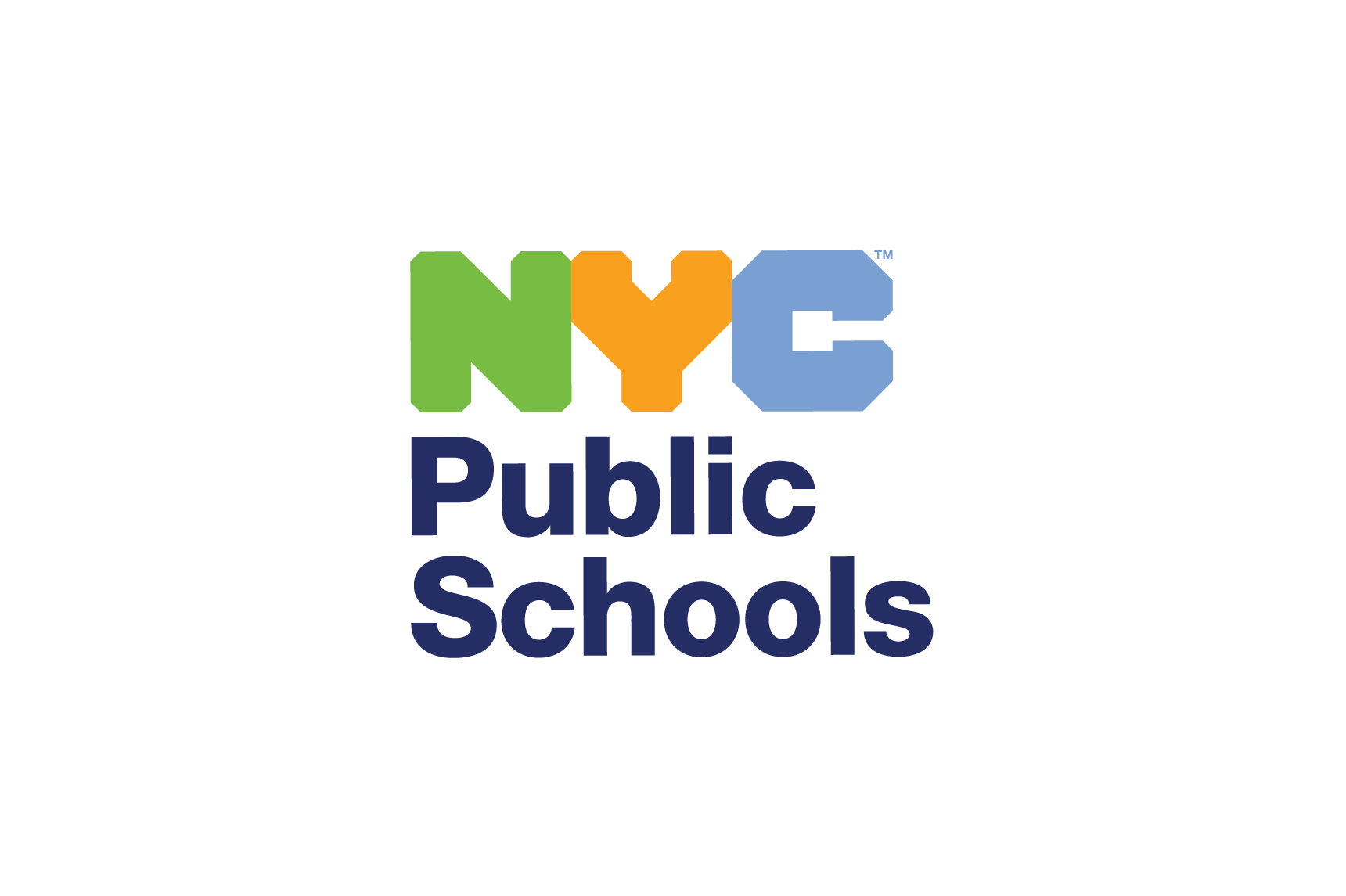Chancellor Fariña Visits Afterschool Reading Club
Today, Schools Chancellor Carmen Fariña visited the Afterschool Reading Club (ARC) - a literacy enrichment program for elementary school students living in shelters - at the Albemarle Family Residence in East Flatbush. The Chancellor and Department of Homeless Services Associate Commissioner Cassandra White made the visit to celebrate World Read Aloud Day and read No, David! to children and families.
"Being a strong reader is foundational to every child's success in and out of school," said Schools Chancellor Carmen Fariña. "We're making the investments across the system so our students read on grade level and develop a love of reading. We're starting earlier with 3-K for All and Pre-K for All, supporting every elementary school with a reading coach through Universal Literacy, and investing in initiatives like the Afterschool Reading Club to reach every family. I thank the Department of Homeless Services for its partnership in providing this critical additional support to our students and families in shelter."
"Supporting students experiencing homelessness extends beyond the classroom and schoolyard, which is why I am proud to partner with DOE to ensure our youngest homeless neighbors have the educational enrichment opportunities they need to succeed," said DHS Administrator Joslyn Carter. "Working in constant coordination with DOE, we strive to preserve as much educational stability as possible for families as they get back on their feet. Expanded staffing, dedicated programming like the Afterschool Reading Club, and a plan to address homelessness that puts community and students first, will help us deliver on that promise."
In its second year, ARC has sites in 17 shelters - six in the Bronx, six in Brooklyn, one in Manhattan, and four in Queens - as well as an 18th location in a school in Brooklyn. ARC students meet three days a week for 3 hours a day, and are taught by DOE teachers. They receive reading instruction and homework help, and are also exposed to arts programming that helps them develop their creativity and literacy. Arts partners include the New York City Children's Theater, which holds a spring break camp where the students create plays based on books they've read in ARC, and Studio in a School and Salvadori Center, which provide visual arts programming. As part of ARC, students receive a book each week to create a personal library and the City has also expanded libraries at participating shelters.
Over 400 students have participated in ARC to date this school year, and that number will increase over the course of the year. Parent engagement is critical to the program, and teachers and shelter staff continue to reach out to families to encourage participation and support families coming together to read.
Last year, ARC provided nearly 1,400 afterschool sessions resulting in 4,200 extra hours of instruction and support for students in shelter. 96 percent of teachers said ARC was helping their students become better readers.
"The partnership between Children's Rescue Fund House and the Afterschool Reading Club is a powerful program that improves lives," said Manhattan Borough President Gale A. Brewer. "Partnerships like this one empower children living in shelters, our most vulnerable population. By offering academic support and enrichment in addition to healthcare, these programs help our children build strong foundations for a brighter future."
"The earlier we start teaching our children the power of reading, the better for their future. I applaud the City for investing in the Afterschool Reading Club, which is inspiring the hearts and minds of our young people living in shelters through the power of literacy," said Brooklyn Borough President Eric Adams. "On World Read Aloud Day, let's recommit to ensuring all of Brooklyn's children have access to reading programs in shelters, at schools, and in their communities at an early age, regardless of socioeconomic circumstances."
"Children in Central Brooklyn benefit greatly from the Afterschool Reading Club," said U.S. Representative Yvette Clarke. "It serves the student who is excited to learn but has limited resources, the student who is unable to prioritize literacy because of hardship, and every child in between. ARC encourages every individual in a child's life to become actively involved in their education. When a child is supported, there is no limit to what they can achieve. As we celebrate World Read Aloud Day, I applaud Chancellor Fariña for continuing to prioritize literacy and working to ensure that every child is given the best chance at success."
"I am very happy to see that the Afterschool Reading Club is expanding its partnership and providing instructional support to our young people," said Assembly Member Tremaine S. Wright. "Additional support during out of school time that sparks creativity and a love of reading is invaluable."
"As a former educator, I believe that strong reading skills are a pathway toward good study habits and critical thinking development," said City Council Education Committee Chair Mark Treyger. "I commend the Department of Education and the Department of Homeless Services for investing in our children's futures by providing the enrichment and exposure necessary to create a healthy love of reading."
The DOE continues to invest in new initiatives to support the academic, social and emotional needs of students living in temporary housing - which includes students who are doubled up due to economic hardship, living in shelter, awaiting foster care placement, living in hotels, or experiencing other forms of homelessness - and working across City agencies, including closely collaborating with DHS.
In February 2017, Mayor de Blasio announced "Turning the Tide on Homelessness in New York City," his borough-based plan for addressing the challenge of homelessness, which affects every community across the five boroughs. The community-based plan gives New Yorkers experiencing homelessness the opportunity to be sheltered closer to their support networks and anchors of life, including schools, jobs, family, houses of worship, and communities they called home, in order to more quickly stabilize their lives and obtain housing permanency.

